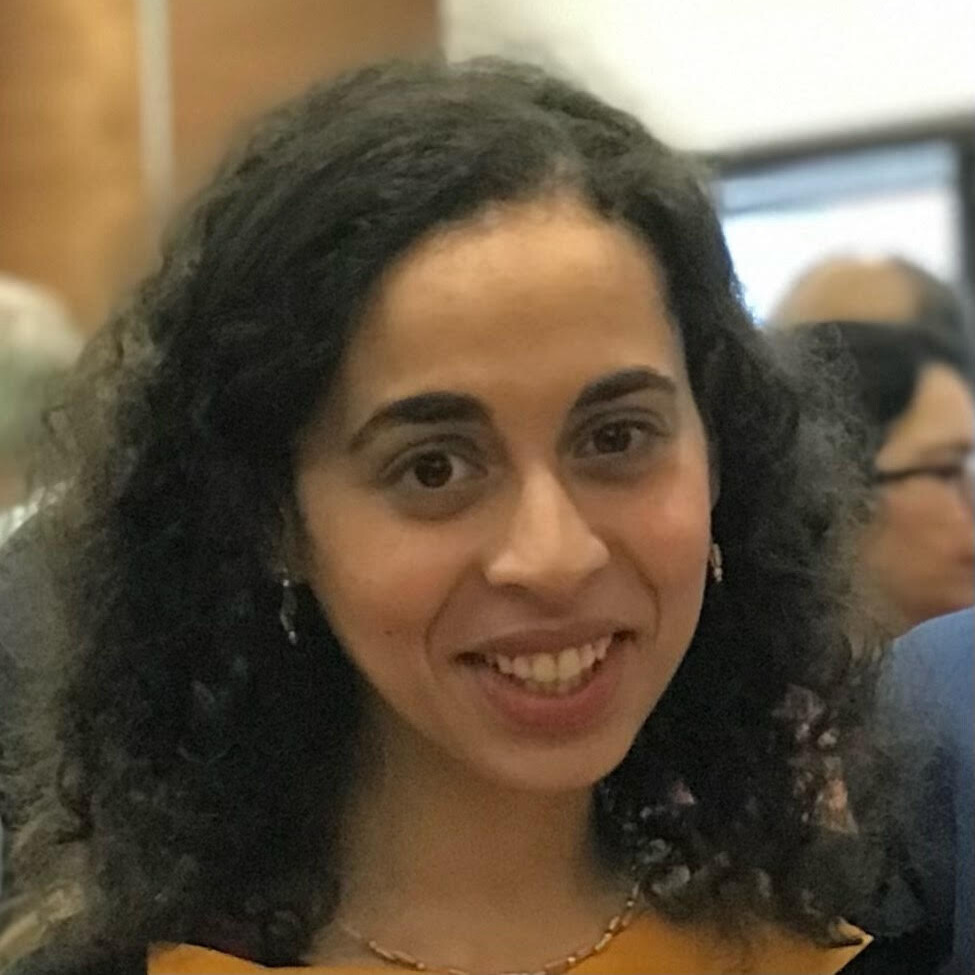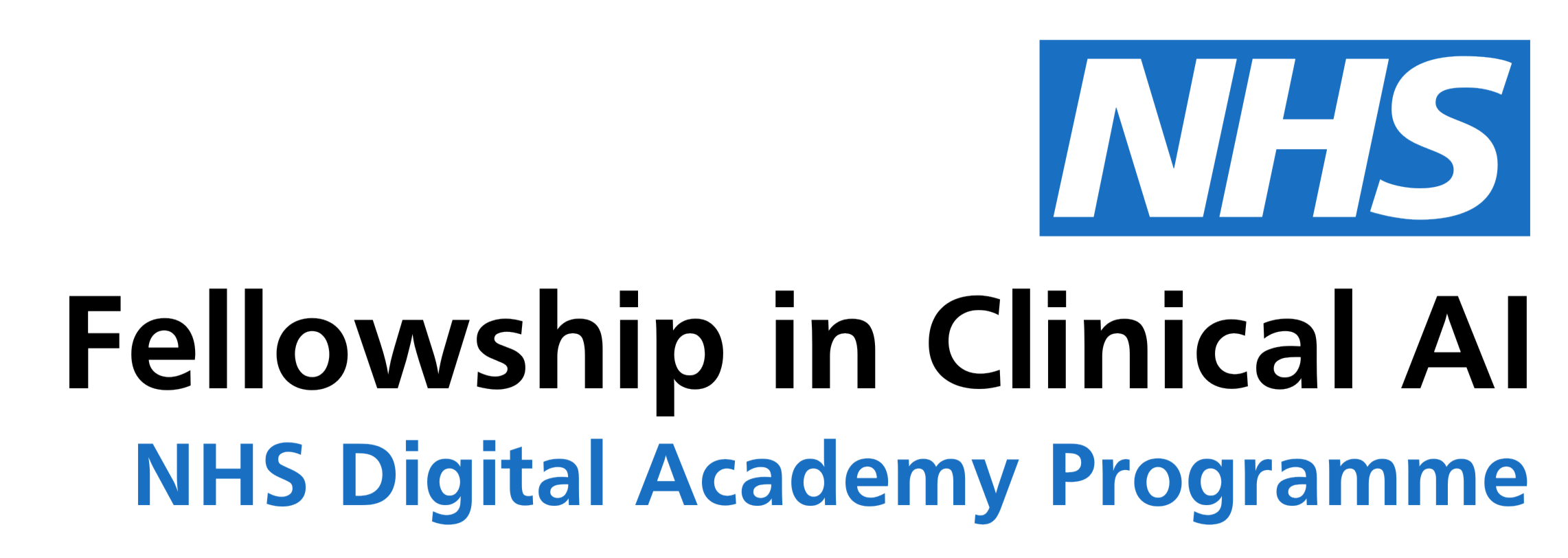
Karol Basta
Fellow in Clinical AI, Cohort 3
Fellowship Bio
I am a public health registrar in London. I want to see AI deployed safely, cost-effectively, and equitably to improve population health. My interests include change management to support sustainable implementation across the NHS, and using a complex systems lens to evaluate AI’s wider impacts.
Fellowship Project
Deployment and Evaluation of a Commercial AI Tool to Aid Radiological Diagnosis of Pulmonary Embolism
Guy’s and St Thomas’ NHS Foundation Trust
The goal of the project was to support the deployment and evaluation of commercial AI tools developed to aid the radiological diagnosis of pulmonary embolism (PE). These tools assist radiologists by identifying incidental PE on routine CT scans and by detecting and risk-stratifying intermediate to high-risk PE on CT pulmonary angiograms through the assessment of right heart strain. The primary aim was to improve the timeliness of PE diagnosis, enabling faster decision-making and earlier involvement of Pulmonary Embolism Response Teams, where appropriate. My role initially focused on both preparation for deployment and the design and delivery of an evaluation framework. Drawing on available evidence and national and international guidance, I developed an evaluation protocol that incorporated both outcome and process measures using a complex systems lens. I also contributed to practical aspects of deployment, including mapping care pathways, identifying stakeholder groups and communication needs, and supporting risk analysis. Since the deployment of the tools midway through my fellowship, I have continued to work closely with clinical teams and commercial partners. I carried out a mixed-methods evaluation, analysing quantitative data to generate metrics and conducting a staff survey to capture user experiences. I also conducted qualitative interviews with radiologists to explore their trust in the AI tools, perceived value, and any concerns. The findings of the evaluation will be synthesised to inform future procurement decisions. As one of the first AI deployments in the Trust, a key next step will be to consider how insights from this evaluation can support the wider adoption and evaluation of AI across clinical services.
Fellowship Testimonial
The blend of learning throughout the fellowship was excellent. The apprenticeship-style, hands-on work, through being embedded within a clinical scientific computing team taught me lessons that cannot be gained from theory alone. The complexities of deployment, wide stakeholder engagement, and change management required navigating uncertainty, building trust, and applying soft skills effectively. At the same time, the structured workshops and training provided essential foundational knowledge and kept me up to date in a rapidly evolving field. Regular opportunities to meet other fellows allowed for valuable peer learning and insight into the diverse ways AI is being applied across the NHS. Through this, I gained a much deeper understanding of what it takes to implement and evaluate AI in real-world NHS contexts. I developed skills in working with commercial partners, collaborating across disciplines, applying complex systems thinking, and designing and conducting mixed-methods evaluations that account for outcomes, processes, and unintended effects. The fellowship also gave me insight into how to balance rigour with pragmatism in a fast-moving field, an essential skill when navigating the opportunity costs of evaluation and rapidly evolving technologies. Importantly, this experience has helped shape my future direction. As I continue my public health training, I hope to work at the intersection of digital innovation, evidence generation, and equitable health system improvement. I want to support technologies that not only cost-effectively improve care, reduce inequalities, and drive sustainable change in the NHS, but also consider their wider societal benefits and potential harms.


